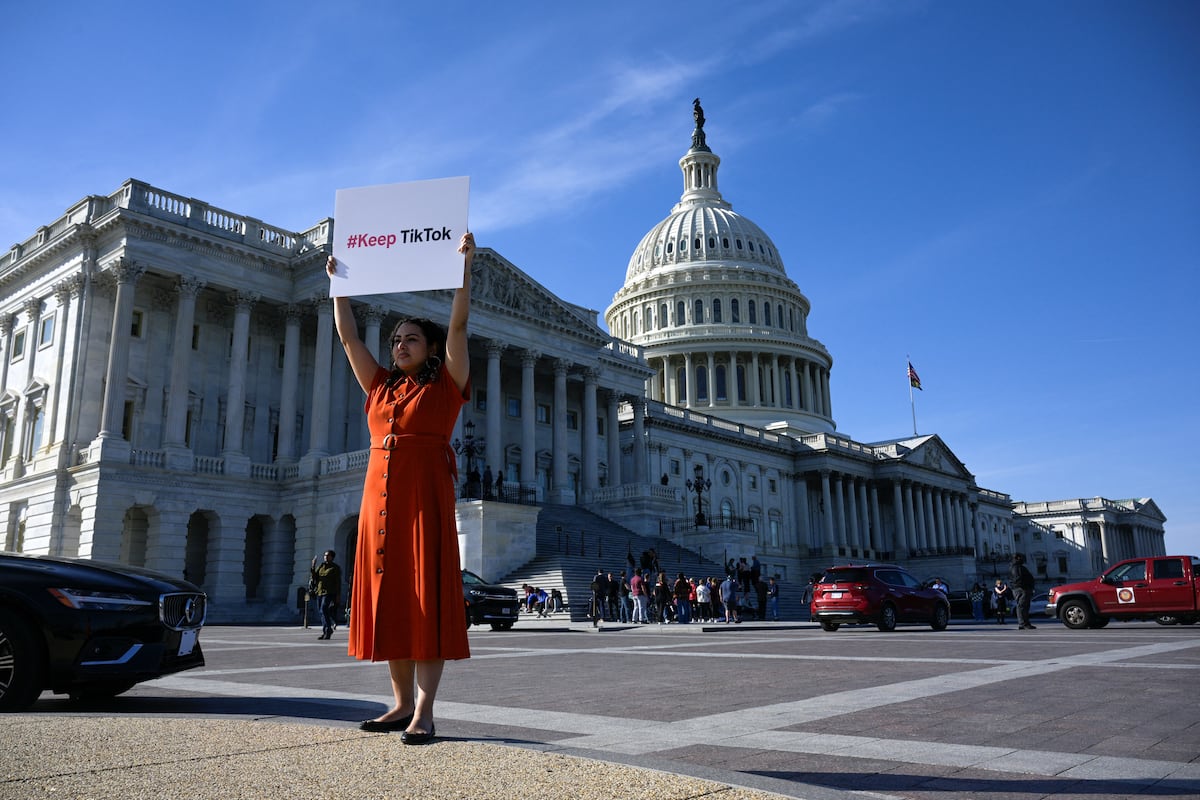The fate of TikTok, the Chinese social media app that has become wildly popular among young people around the world, hangs in the balance as the United States weighs its options. On August 6th, President Trump issued an executive order banning the app, claiming national security concerns and alleging that ByteDance, TikTok’s parent company, had been stealing data from American users.
TikTok has been given nine months to decide what to do next before it is shut down entirely. One possibility is that ByteDance will sell its stake in TikTok to an American company, allowing it to continue operating under a different name. However, TikTok has expressed its intention to challenge the ban in court and maintain control of its platform.
The future of TikTok may ultimately rest with the Supreme Court, which could rule on whether or not the ban is constitutional. There are also political considerations at play: with elections coming up in November 2020, there may be pressure on both parties to reach a deal before then.
For users outside of the US, TikTok’s impact may not be immediate if it is banned altogether. However, without its massive American user base, it would no longer be the same platform and could lose some of its appeal and popularity.
There are other competitors emerging as well: Instagram Reels and YouTube Shorts are gaining traction as alternatives to TikTok’s short-form video format. Without clear competition from these platforms or others like them, many users may continue using TikTok regardless of what happens next.
National security concerns are at the heart of this issue: many worry about potential manipulation of content by ByteDance or access to user data by foreign governments or corporations. The Chinese government has also threatened to block foreign apps if necessary in response to these concerns. Other countries have already banned TikTok for similar reasons: in Europe, there are ongoing discussions about how best to regulate it while still allowing for free expression online.
As legal battles continue and geopolitical tensions rise between China and the US (and their allies), one thing is certain: we will need to wait until after November 2020 for any resolution on this issue.
